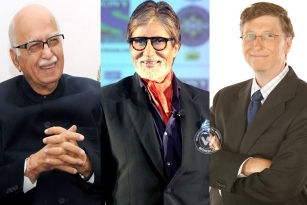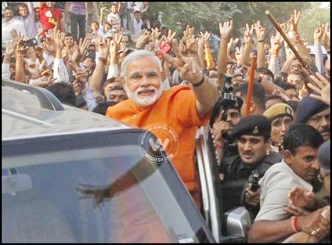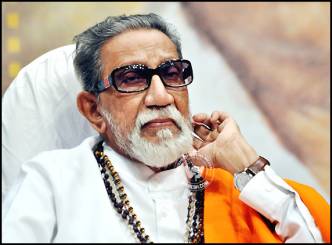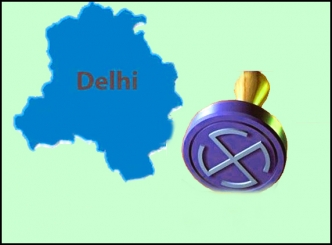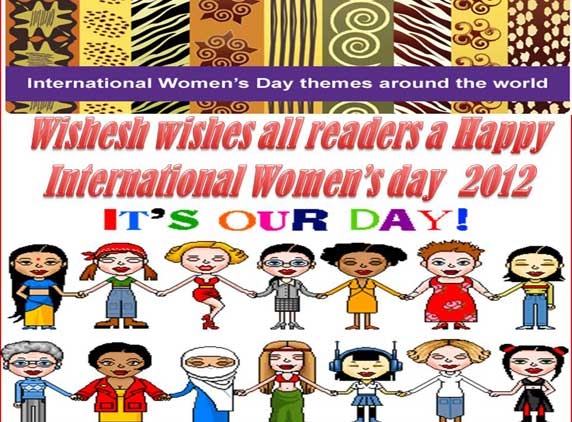
Yes true Stronger Women-Stronger Nation, a truth not discovered by the Wishesh Team, but acknowledged by globally… unfortunately at its low ebb in India.
Women had, have and will have an active role in democratic India. Though all of us do understand this, very few realize this. And fewer put this into practice. Celebrating today globally, International Women’s day 2012, the theme that UN has supposed was end hunger and poverty. But this is a universal problem and is equal to men and women alike across borders. In India the issues that have to be addressed are inequality, sexual abuse and right for education. These are several issues that have to be dealt by the government, people and all of us, on a war footing.
The role of women in Indian visual culture is vast at all stages. She has various roles to perform in her entire life cycle. But right at the seeding the girl child is throttled by many parents from the rural background. You would not believe there are some urban socialites who still defer a women child. So the predominant issue that has to be curtailed and nib at the bud is Female Infanticide. If we do not want to slide even further towards lives being saved or destroyed according to convenience or utilitarian value, the question we should be asking is are we civilized? This is the first step to equality.
This is the message that India’s, just released, 2011 census data sends out: The data reveals that in the age group 0-6 years, the gender ratio is 914 girls to 1000 boys. Which means, for every 1000 boys, there are at least about 60-70 girls under the age of 6 years who were killed before or within 6 years after birth. This is the lowest gender ratio recorded since India’s Independence in 1947.
A woman most adored in the epics which are our cultural foundations, has turned out as a luxury for many. Sexual abuse on women at work places is also on the rise. Most cases fail to report, due to social stigma. But there are a few chauvinists, who blame it on their dressing styles, rather than advocating for imparting self defensive skills to them. Don’t they have the right to enjoy their life or dress the way they like? Should we not condemn the sex psychos who hurt these tender flowers, in a beastly manner? Incidents are quite common across the breadths of the nation. Be it the call center deaths in Bangalore, (or) one side lover’s murder in Vijayawada, or Honor Killing in Meerut, (or) a psycho who pushed a lady woman from a train and further raped her to death in Tamil Nadu, in spite of her wounds (or) the foreign student raped in an auto on New Year night. All, all of them must be punished in a way that the society must wake up and dread the consequences, even if such thought comes to mind, forget the actions. Instead of doing things right even authorities and the saffron brand accuses the sufferer.
The third most essential issue that needs to be predominantly dealt is right for education. Starve a girl child if your income is not sufficient, but don not starve her of education. This must be the principle that has to be adhered universally especially in India. With the IT revolution, innumerous jobs have emerged for all and the present generation must be equipped to encash this opportunity. In this country an educated man comforts living standards, but an educated woman adds value to the society.
After realizing the value of this Women’s day, we need to take up a resolution today and keep it in mind every day, `Women are no way inferior and in most cases superior in their love, compassion and sincerity.’ So from here let us move on to know how this day has originated. These following details have been sourced for reader enrichment.
History and Origin of Women’s day: International Women's Day first emerged from the activities of labor movements at the turn of the twentieth century in North America and across Europe. But the first international level celebrations began in 1975, during International Women's Year; the United Nations began celebrating International Women's Day on 8 March. Two years later, in December 1977, the General Assembly adopted a resolution proclaiming a United Nations Day for Women's Rights and International Peace to be observed on any day of the year by Member States, in accordance with their historical and national traditions. In adopting its resolution, the General Assembly recognized the role of women in peace efforts and development and urged an end to discrimination and an increase of support for women's full and equal participation.
United Nation International Women's Day themes:
- 2012: Empower Rural Women – End Hunger and Poverty
- 2011: Equal access to education, training and science and technology
- 2010: Equal rights, equal opportunities: Progress for all
- 2009: Women and men united to end violence against women and girls
- 2008: Investing in Women and Girls
- 2007: Ending Impunity for Violence against Women and Girls
- 2006: Women in decision-making
- 2005: Gender Equality Beyond 2005: Building a More Secure Future
- 2004: Women and HIV/AIDS
- 2003: Gender Equality and the Millennium Development Goals
- 2002: Afghan Women Today: Realities and Opportunities
- 2001: Women and Peace: Women Managing Conflicts
- 2000: Women Uniting for Peace
- 1999: World Free of Violence against Women
- 1998: Women and Human Rights
- 1997: Women at the Peace Table
- 1996: Celebrating the Past, Planning for the Future
- 1975: First IWD celebrated by the United Nations
Various IWD themes around the world
- Global, United Nations: Women and men united to end violence against women and girls
- Canada, Status of Women (Federal Gov): Strong Leadership. Strong Women. Strong World:
Equality
- Australia, UNIFEM: Unite to End Violence Against Women
- Australia, Queensland Government Office for Women: Our Women, Our State
- Australia, WA Department for Communities: Sharing the Caring for the Future
- UK, Doncaster Council: Women's Voices and Influence
- UK, Welsh Assembly Government: Bridging the Generational Gap
- UK, Accenture: Stretch Yourself: Achieving 50:50 in the boardroom by 2020
- USA, IBM: Success in the Globally Integrated Enterprise.




